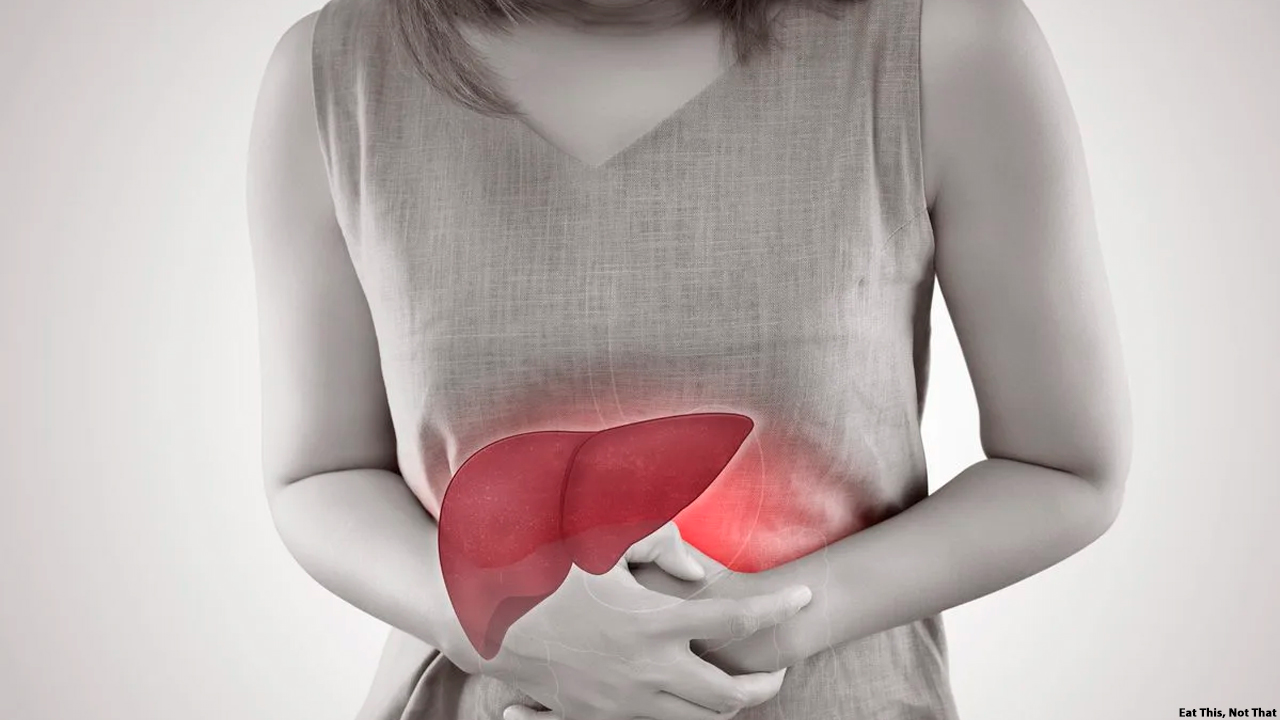The liver is one of the most vital organs of the body. It helps to digest food and store glucose. Generally, the liver has some amount of fat in it but when the fat content of the liver increases by more than 5% of the organ, it causes fatty liver disease. This excess accumulation of fat hinders the metabolic functions of the body thereby causing severe problems in the body. This can be divided into
Alcoholic fatty liver disease – The liver breaks down the alcohol that is being consumed for its easy removal from the body. This process of breaking down alcohol generates several harmful wastes that are harmful to the liver itself. Consuming heavy alcohol generates more harmful wastes which subsequently increases liver damage. This is the case for heavy drinkers. The damaged liver cells are unable to process fat which results in the deposition or accumulation of fat. If alcohol intake is not controlled here, it may lead to liver cirrhosis.
Non-alcoholic fatty liver disease – when excess fat deposited in the liver is not because of heavy alcohol intake, it is called non-alcoholic fatty liver disease. The reason is still unknown as to what causes it but factors like obesity, diabetes, and high cholesterol might cause this. It is estimated that 10-30% of Indians are having Non-alcoholic fatty liver disease with an unknown diagnosis.
Fatty liver disease doesn’t cause symptoms, they are generally asymptomatic. Some common signs are
-
Vague pain in the right upper quadrant
-
Fatigue or Tiredness
-
Malaise (a general feeling of discomfort)
-
Jaundice
-
Nausea
When fatty liver disease progresses into liver cirrhosis, patients might experience swelling, abdominal distention, jaundice, internal bleeding, etc. As fatty liver disease doesn’t cause any significant early symptoms, doctors may suggest a blood test, ultrasound, and liver biopsy for confirmation.
Reversing alcoholic fatty liver disease – Quitting alcohol helps reverse the disease.
Reversing Non-alcoholic fatty liver disease – Maintaining weight under check and living a healthy lifestyle helps in combating the condition.

 The liver is one of the most vital organs of the body and performs various metabolic functions. An unhealthy lifestyle like alcohol intake, in the long run, can hamper the functioning of the liver which subsequently causes severe complications like liver cirrhosis. Let’s take a look at the types of liver disease, their causes, and symptoms.
The liver is one of the most vital organs of the body and performs various metabolic functions. An unhealthy lifestyle like alcohol intake, in the long run, can hamper the functioning of the liver which subsequently causes severe complications like liver cirrhosis. Let’s take a look at the types of liver disease, their causes, and symptoms.










.jpeg)











.jpg)








